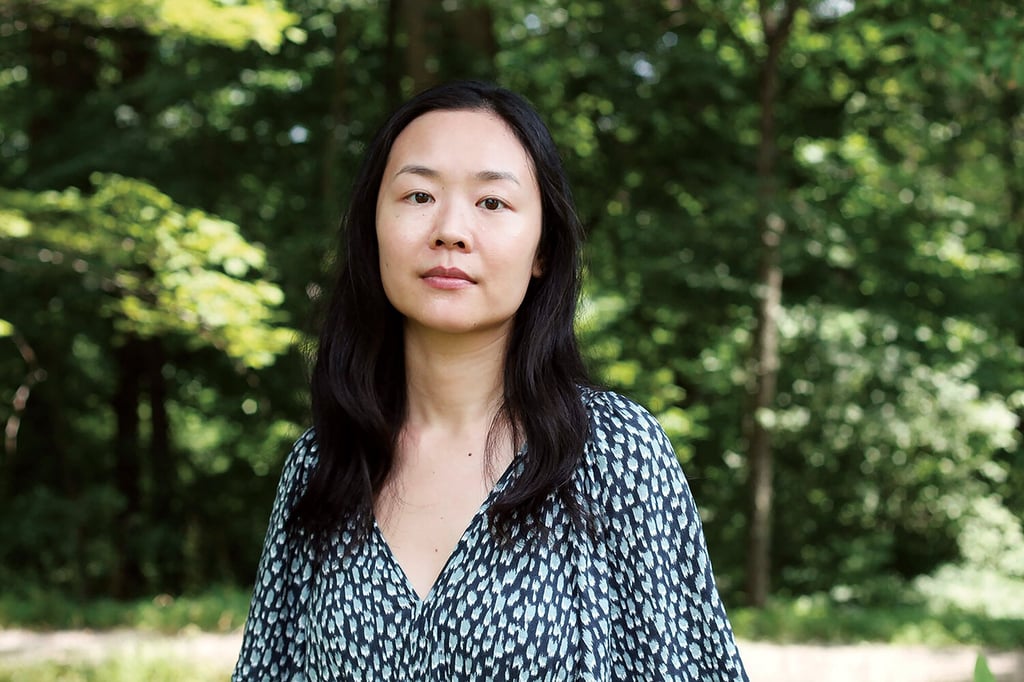Review | She grows up in Vancouver, her father stays in Hong Kong. Only when he dies does she get to know him, in Pik-Shuen Fung’s original, affecting novel Ghost Forest
- In Pik-Shuen Fung’s Ghost Forest, an unnamed narrator grapples with adolescence in Canada and an absent father. His death spurs her to preserve his memory
- She turns to her mother and grandmother to understand him, and her Chinese heritage. Heavy themes, then, but conveyed with an artistry that brings joy

Ghost Forest by Pik-Shuen Fung, pub. One World
Pik-Shuen Fung’s Ghost Forest is a novel about loss. Constructed with admirable inventiveness and whimsy, it tells the story of an unnamed woman born in Hong Kong whose family immigrates to Vancouver, Canada, before the British territory’s 1997 return to China.
Her father, however, remains behind, his “astronaut” status (contrasting with “nuclear”, in which all members of the family are together in the same country and residence) typical of families for whom transnational identities were a matter of practicality – a way to mitigate uncertainty about Hong Kong’s future.
This choice means that the protagonist spends her childhood and formative adolescent years in Canada, coming of age through a cultural divide in which she is both Chinese and Canadian, complete with the identity crises one might expect.

Though she visits her father, and some of her extended family, in Hong Kong during summers, her connection to him is unsurprisingly strained. So when he eventually dies of cancer, she is left grasping for ways to keep his memory alive as well as confronting the sense she has always had that she has never been gwaai – good enough to be better than the son her father always wanted.
